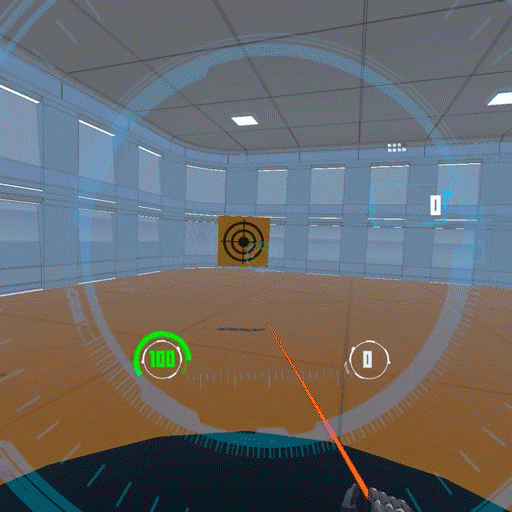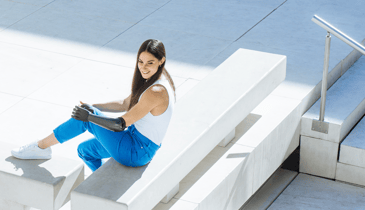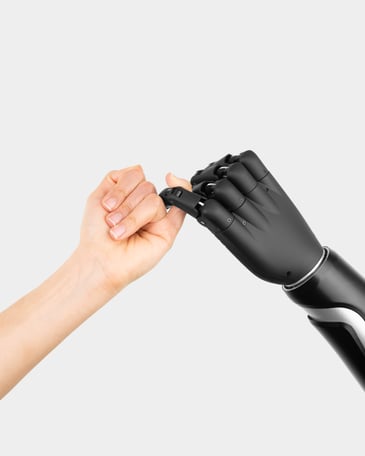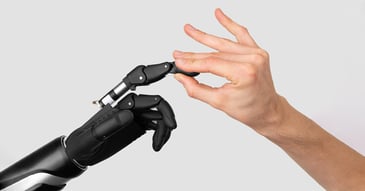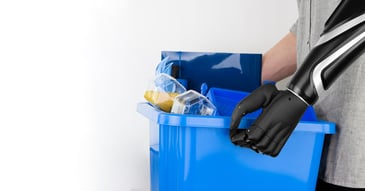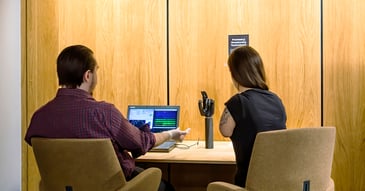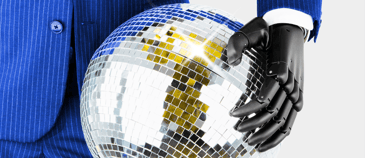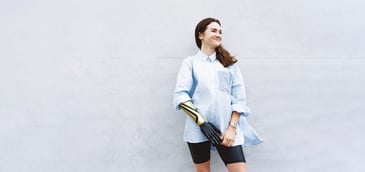Rebuilding Lives: Aether Biomedical and Superhumans Center's Advanced Prosthetic Missions in Ukraine
The devastating conflict between Russia and Ukraine has led to a heartbreaking reality: tens of thousands of Ukrainians are now facing the difficult decision to amputate one or more limbs due to war-related injuries. In response to this urgent need,...







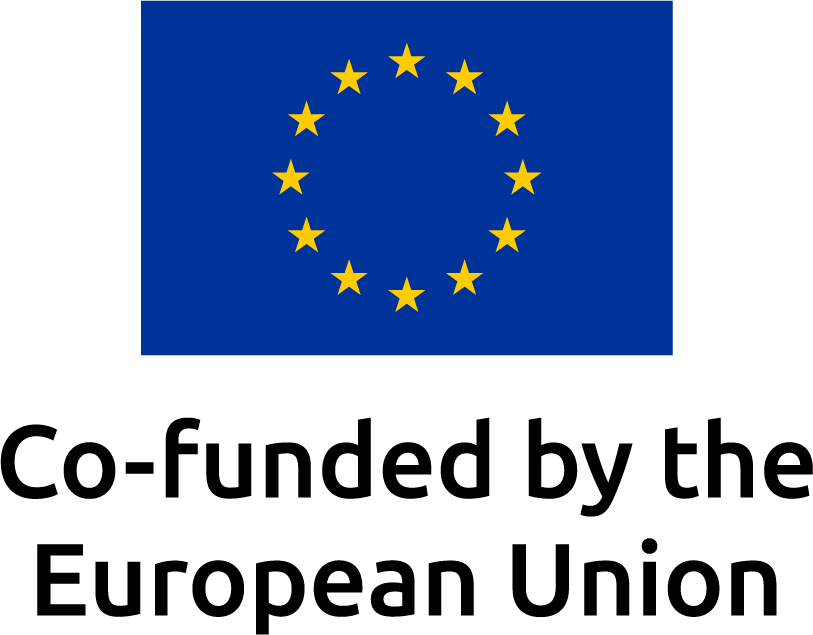
-1.jpg?width=365&name=a-1%20(4)-1.jpg)
.jpg?width=365&name=a-1%20(2).jpg)
